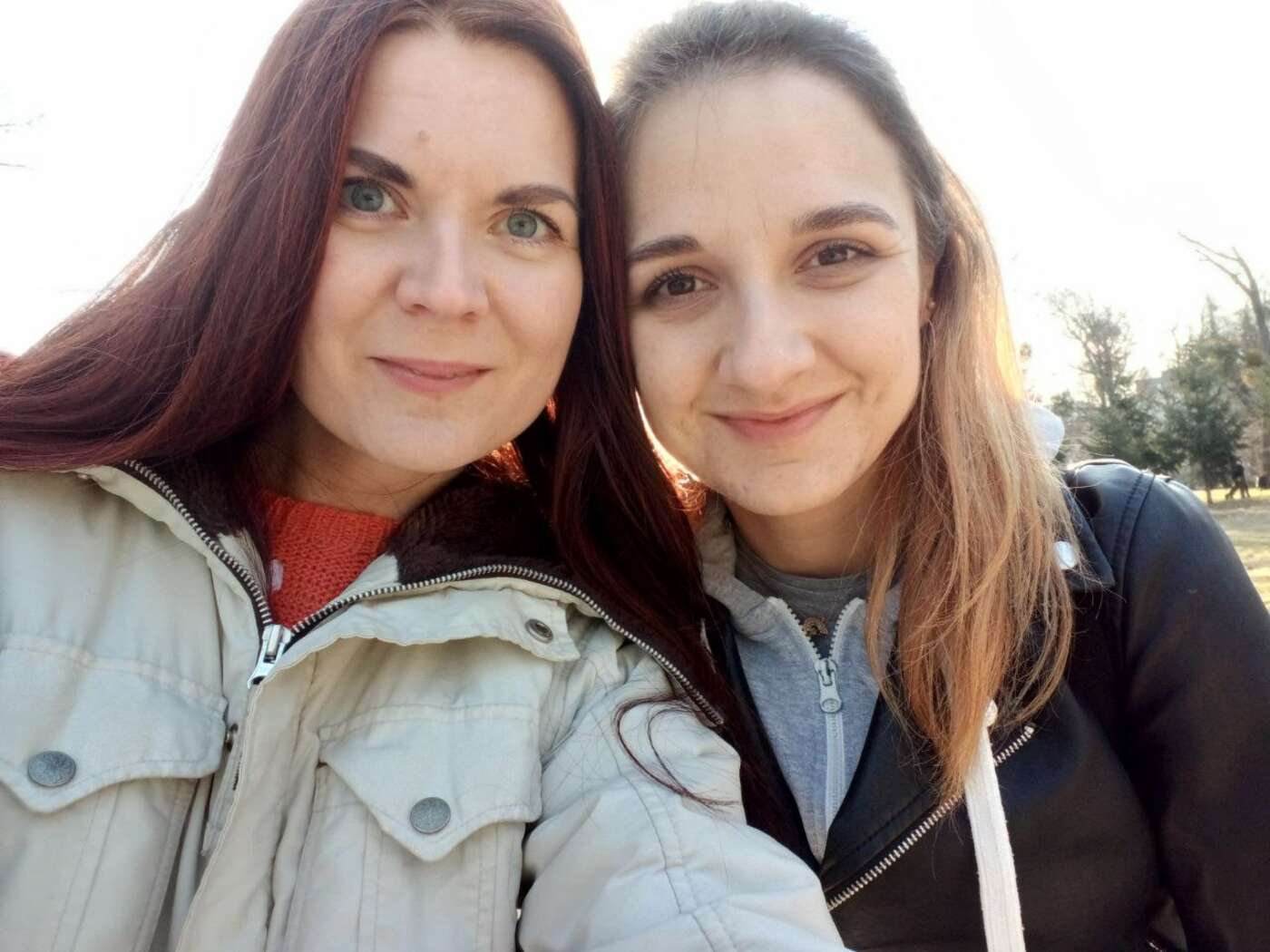European Solidarity Corps: How the impact of the program reveals in difficult times
European Solidarity Corps is an international voluntary program, which was created to bring together young people to build a more inclusive society, supporting vulnerable people and responding to societal challenges [1]. Thousands of young people from different countries have already taken part in this program and got to know each other during their volunteering services. Ukrainians, whose country has been drawn into a terrible and bloody war since February 24, 2022, are also among them. How do contacts received during volunteering resonate with them now? We have a few eloquent stories.
Anna Stukalo from Zaporizhzhia
On February 24, I woke up in Kyiv because of explosions. This is how the war started for me. For the next week, I had been spending nights in a subway and the basement of my house and absolutely didn't know what to do next and how to secure my life. The advertising agency which was my main working place has closed. All the neighbors left, air raid alarms sounded all day long and it was extremely difficult to buy even the most necessary food and medicine. Only messages of friends and relatives didn't let me to give up, and 60% of them were from abroad: from people who I have met during my volunteering in Magdeburg. They texted me from Portugal, Germany, Hungary, Bosnia and Herzegovina, Greece, Georgia, Poland. Everyone expressed their concerns about me and offered to help. And my friend Iwona, who I have met at one of the youth exchanges organized by my host organization, did something extraordinary for me - she collected money for my relocation to Wroclaw, found an apartment, provided me with all the necessary things, starting from socks and ending with a microwave and bed linen. She helped organize the evacuation of my 70-year-old mother and cat from Zaporizhzhia and found my first job in Poland. This is how the European Solidarity Corps and Iwona changed and maybe even saved my life. This is what real solidarity means.
Hanna Herych from Lviv
At the time of the outbreak of the war, I had already been studying for several years in Frankfurt. But my relatives remained in Ukraine and everything that happened affected me directly. My friends, who I have met while volunteering at the Offener Kanal in Magdeburg, also knew about it. I received message from my ex-project manager Bettina. From my co-volunteers Monzer and Robert. From volunteer from Armenia who is currently studying in the UK. They all offered their help, were worried about my family. Now my loved ones are safe. But I continue to speak loudly about my country, to help it as much as I can, and the support I have received gives me even more strength for this.
Inna Rakhmistriuk from Kitsman
In the very first days of the war a lot of those whom I have met while volunteering in Spain wrote me to find out how I am, where I am, if it is everything all right whith me, lf I plan to I leave the country, if yes - they said that they could host me and my family. Only some of these people have followed the situation before, for example my Estonian friends. They donated and continue donating now, organized concerts in support of Ukraine. From the others, getting in touch looked more like a courtesy, but I know that they would definitely helped. Those with whom I communicate closer still write to me, still are interested in the situation. It seems to me that it is difficult for people abroad to imagine what is happening here. And it is difficult to explain how it is - to live in a country in a war, to live a familiar life, despite threats and constant air raids. But it's nice that they try to understand.
As you can see, the experience of participating in the European Solidarity Corps may resonate in the future differently. But they have one thing in common - it does not pass without a trace and can reveal itself in a very unexpected way.
[1] https://europa.eu/youth/solidarity/mission_en



 Ucrania
Ucrania